

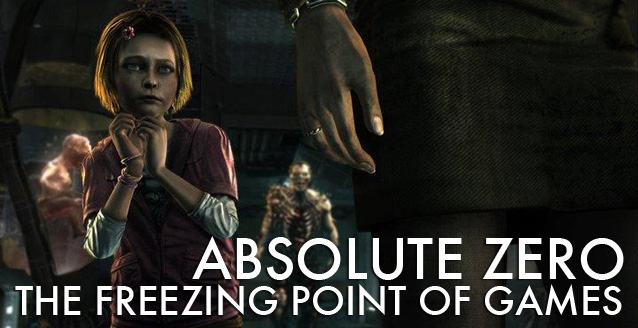
Ever since Metacritic came into being, it has been a troublesome bedfellow for the gaming world. Aggregating review scores appears to produce absolute numbers, which in turn seem to produce absolute—and due to being uncoupled from actual reviews—objective rankings for every game (or movie, or comic book, or whatever else they aggregate reviews for there...).
The variety of problems with this process has been talked about much in the past and I do not really wish to go into that once more. I’m currently only interested in one striking trend in contemporary game reviews, and that would be the perceived absence of any actually working scale. Game reviews seem to have lost their connection to sea level, to absolute zero.
Where is gaming’s sea level? Where is absolute zero? Is there, can there be a game that is in fact a 0/10? a no-stars-given game? Is it necessary for such a game to exist? As in the worst game in the world? This goes back of course to the argument of game reviews being objective or subjective, product informercials or critique.
Basically, all a game review should provide is “will this game be worth playing for me or not?” Everything else is up to personal taste of the customer / player eventually anyway. Especially in years like this one, where one AAA game chases the other’s release date. It’s up to the individual if he or she prefers Nathan Drake to Batman. Which again is especially true in times when most AAA releases are awarded with the same AAA scores to begin with. Everything is a 1. Nothing is a 0.
Amy, a survival horror game that did everything wrong, arrived in early January to nothing but scathing reviews, currently holding a 23% score on Metacritic.And then again, once in a while there are games like Amy, which could very well be the absolute zero, the worst game possible - at least when taking the gaming press’ reaction to it into consideration. Amy, a survival horror game that did everything wrong, arrived in early January to nothing but scathing reviews, currently holding a 23% score on Metacritic.
The interesting thing here is, that despite the reviews reading like Amy not having a single redeeming quality, it’s still not a 0/10 but a 2. In some cases even a 3. In an environment where anything below a 7 essentially means “don’t buy”, it might be questionable if there is much of a difference between a 2 and a 3 however.
It has been talked about a lot that game review scores are becoming inflated for various reasons, be it that publishers are afraid of losing out on advertising money or access to preview copies, or just by being written by outrageously stupid fanboys—something not even professional critics seem immune to—giving their game of choice 6/5 scores for example.
But this inflation of score along with with the nerd rage even a score of 8/10 provokes these days leads me to another conclusion. There are a LOT of 8/10 games recently. Seemingly a lot more than there are lower ranked titles. Does that mean that games these days are just quite a lot better than average in general? But even if that is true, shouldn’t those score be “adjusted to inflation”?
But the heart of the problem is this—the average game is mediocre. Not good, not bad. Not outstanding. When most games these days are 8/10s, that means an 8/10 is not outstanding. This should mean that compared with other contemporary releases, those games should receive a mediocre score. A 5 maybe. There’s no shame in that. It would be an inflation adjusted score, representing that the game in question is as good as most other games at the moment. In a way, this would almost be a more objective approach to game scoring. But in the current climate that can’t happen. Awarding a high profile game anything lower than maybe a 7 would incite dire consequences from game publishing’s marketing departments and fanbases alike.
Also, objectivity in game reviews and more importantly in gaming scores, especially in aggregated absolute ones Metacritic produces, is a false assumption to begin with. Is Forza Motorsport 3 really objectively as good or better a game than, say, Red Dead Redemption? Is Dr. Kawashima’s Brain Training a better game than New Super Mario Bros.? On what terms are games even comparable to begin with? That they are video games? That is almost as preposterous an assumption as saying all books can be compared and rated against each other because every book is writing on paper.
Review scores aren’t objective. Which in its essence is the reason for Metacritic being a bad idea, since Metacritic’s promise and premise is delivering a perfectly objective average. I’m not saying that review scores have to be abandoned. Metacritic is a good place to get a grip on a certain type of canon, like what the top 10 must have titles for any given platform are. Then anyone can go and adjust that top 10 to their personal taste, dismiss the strategy and racing games or whatever genre they don’t like and just go for what’s left. But the idea that games—especially when regarded as a form of artistic expression —can objectively broken down into a number of scores and then compared to one another regardless of their time of release or genre, is a false assumption, an assumption that can be dangerous for the gaming press at a whole.
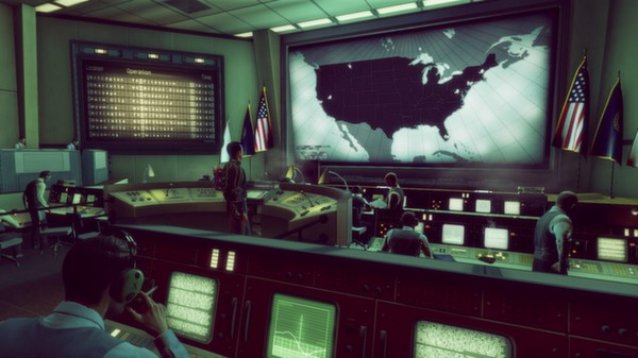

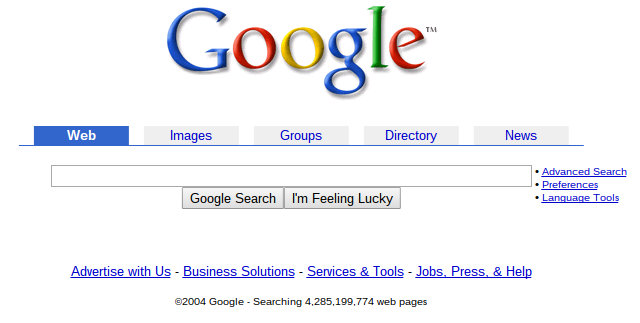

 Fallout 4 Guide: How To Design Hangmans Alley
Fallout 4 Guide: How To Design Hangmans Alley Guitar Hero Live - E3 first gameplay experience
Guitar Hero Live - E3 first gameplay experience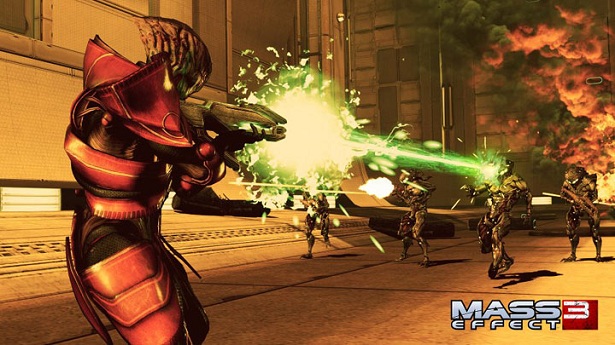 Mass Effect 3: From Ashes DLC Walkthrough
Mass Effect 3: From Ashes DLC Walkthrough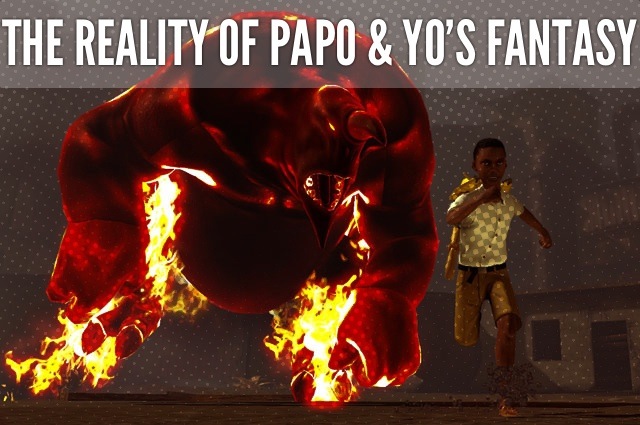 The Reality of Papo & Yos Fantasy
The Reality of Papo & Yos Fantasy ARMA 3 Wiki: Everything you want to know about the game .
ARMA 3 Wiki: Everything you want to know about the game .